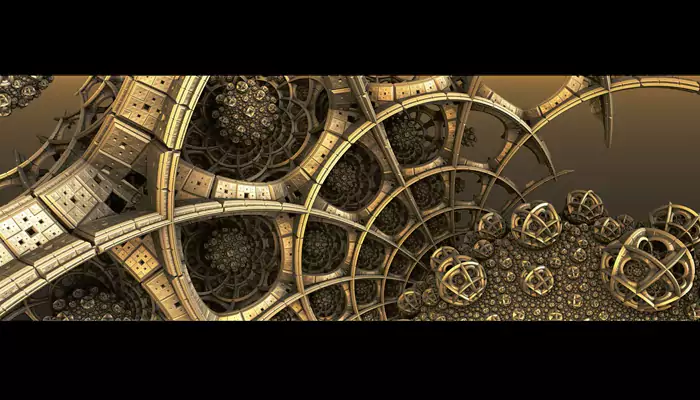
These writers predicted the future years before it happened!
Exploring the intersection of science fiction and reality, this article takes readers on a captivating journey through time, highlighting seven extraordinary sci-fi concepts that have transcended imagination to become integral components of modern technology. From seemingly far-fetched ideas to tangible innovations, these once-fictional dreams have significantly influenced our technological landscape, shaping the trajectory of our evolution.
Stanley Kubrick's iconic film "2001: A Space Odyssey," based on Arthur C. Clarke's groundbreaking short story "The Sentinel" (1951), envisioned a future where video calls were a prevalent mode of communication. Fast forward to today, and platforms such as Skype, Zoom, and FaceTime have turned this science fiction concept into an ordinary part of daily life, facilitating seamless connections among individuals worldwide. Video calls have changed interpersonal communication, allowing for face-to-face interactions irrespective of geographical barriers.
Jules Verne's renowned novel "Twenty Thousand Leagues Under the Sea" (1870) showcased the fascinating underwater realm of the Nautilus, sparking the creation of real-life submarines during the late 19th and early 20th centuries. These vessels have evolved into indispensable instruments for diving into the depths of the ocean, transforming naval tactics along the way. Submarines are pivotal in scientific exploration, military strategies, and initiatives aimed at preserving marine environments.

H.G. Wells' celebrated work, "The War of the Worlds" (1898), captivated the minds of countless individuals with its portrayal of interplanetary voyages. Though encounters with Martians remain fictional, humanity's quest to explore the cosmos commenced with the Apollo programme and has since yielded remarkable strides in space exploration. This endeavour has not only broadened our comprehension of the universe but has also spurred notable technological progress that enhances life on our planet.
Before touchscreens became ubiquitous, Star Trek: The Original Series, which debuted in 1966, featured the crew utilising touch-controlled devices aboard the starship Enterprise. Nowadays, it's challenging to envision an existence devoid of smartphones and tablets, with touchscreens emerging as a predominant means of engaging with our digital realm. Touchscreen technology has revolutionised communication, productivity, and information retrieval, all with a mere touch.
Virtual reality was real for William Gibson much before
William Gibson's seminal work, Neuromancer (1984), pioneered the notion of virtual reality. Today, virtual reality has revolutionised gaming and found utility in diverse sectors such as education, training, and healthcare. By providing immersive and interactive experiences, virtual reality has unlocked new avenues in entertainment, learning, and medical interventions.
In Aldous Huxley's dystopian novel Brave New World (1932), he portrayed a future where humans were genetically altered. While current technology has not achieved that level of manipulation, gene editing tools like CRISPR-Cas9 are already revolutionising medicine and offering new avenues for addressing genetic conditions. Genetic engineering presents the potential to treat diseases that were once considered incurable and pave the way for personalised medical treatments.
Douglas Adams' comedic science fiction radio series and subsequent novel, Hitchhiker's Guide to the Galaxy (1978 and 1979), introduced the concept of a guide containing extensive information, akin to today's tablet computers and e-readers. These portable devices have revolutionised how we access information and entertainment while on the move. Tablet computers offer a plethora of knowledge at our disposal, reshaping how we acquire knowledge, engage in tasks, and enjoy entertainment.
As we progress into the future, increasingly, concepts once confined to science fiction materialize. Don't be astonished if flying cars appear just outside your window soon like Back to the Future!